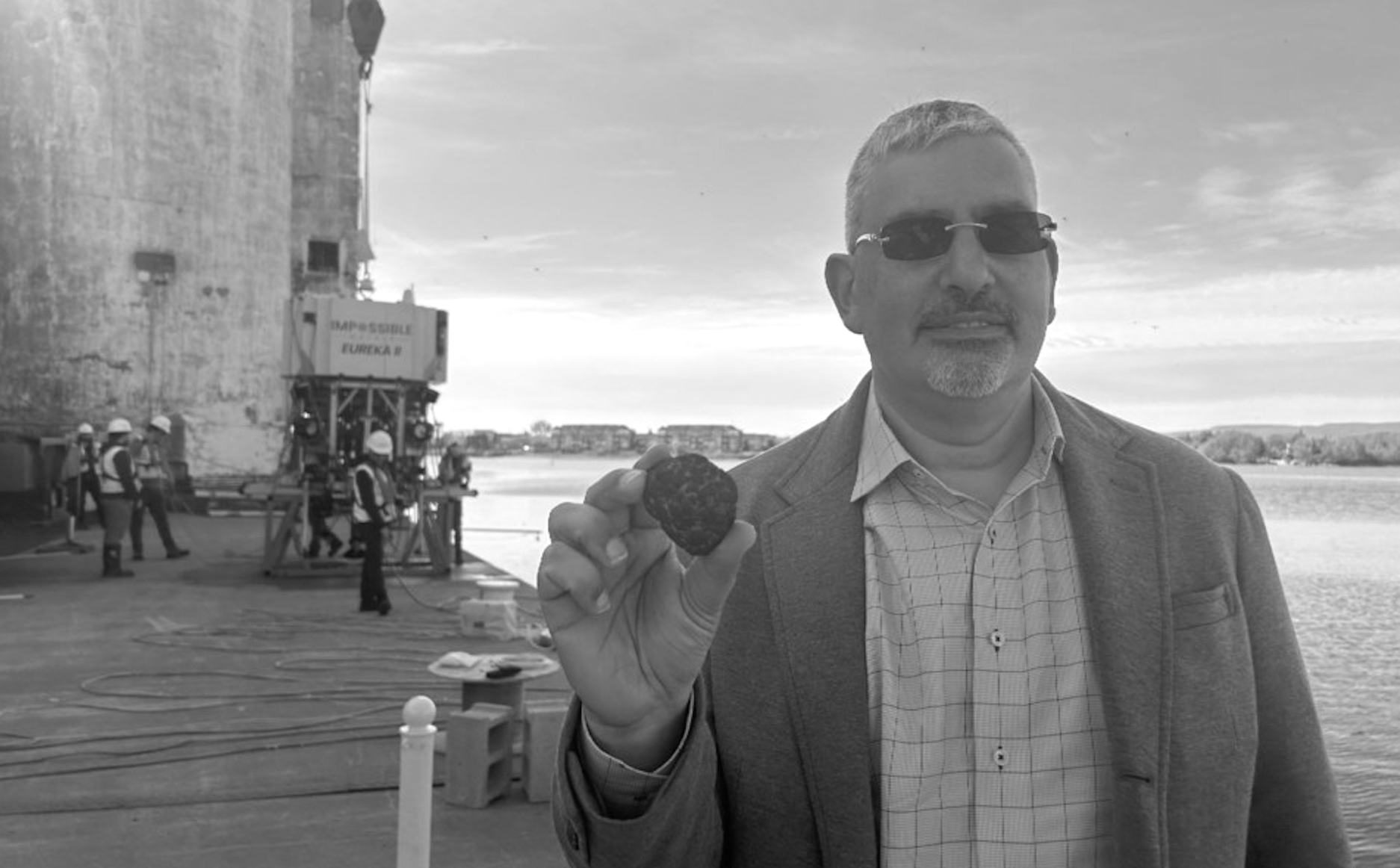
Oliver Gunasekara, CEO and Co-Founder of Impossible Metals, is redefining the paradigm of deep-sea mining by integrating advanced robotics with environmental stewardship.
Under his leadership, the company is developing autonomous underwater vehicles (AUVs) designed to harvest seabed minerals with minimal ecological disruption, positioning Impossible Metals at the forefront of sustainable resource extraction.
Gunasekara's journey into the realm of deep-sea mining is rooted in a robust background in technology and entrepreneurship. He holds a Bachelor's degree with honors in Electrical and Electronic Engineering from the University of Greenwich, London, and a Mini-MBA from the AeA/Executive Institute at Stanford University Graduate School of Business.
His career commenced at ARM Holdings in 1994, where he played a pivotal role in expanding the company's mobile business development, contributing to ARM's mobile market share growth from 0% to over 95% during his tenure.
As Vice President of Corporate Business Development and M&A, he championed the acquisition of Falanx, whose Mali GPU technology became the world's leading shipping GPU. In 2012, Gunasekara founded NGCodec, a startup focused on next-generation cloud video acceleration, which was acquired by Xilinx in 2019. These experiences laid the foundation for his venture into sustainable mining technologies.
In 2020, recognizing the critical need for responsible sourcing of battery metals, Gunasekara co-founded Impossible Metals. The company's mission is to develop technologies that enable the selective harvesting of polymetallic nodules from the ocean floor without causing significant harm to marine ecosystems.
Their AUVs are equipped with AI-driven systems and robotic arms capable of identifying and collecting nodules individually, avoiding contact with visible marine life and leaving a portion of nodules untouched to preserve habitat integrity.
This approach contrasts with traditional deep-sea mining methods, which often involve large-scale dredging and can lead to substantial environmental degradation.
Gunasekara's advocacy extends beyond technological innovation; he is an active proponent of policy frameworks that support sustainable deep-sea mining practices.
In April 2025, he testified before the U.S. House Natural Resources Committee, emphasizing the urgency of securing domestic sources of critical minerals to bolster economic prosperity, national security, and global leadership.
He argued that responsible deep-sea mining could be a faster, more cost-effective, and environmentally friendly alternative to traditional land-based mining, highlighting Impossible Metals' capabilities to deliver critical minerals at commercial scale.
Looking ahead, Gunasekara envisions Impossible Metals playing a pivotal role in the global transition to clean energy. The company plans to scale up its operations, with the goal of achieving a production rate of three million tons per year using its advanced AUV technology.



